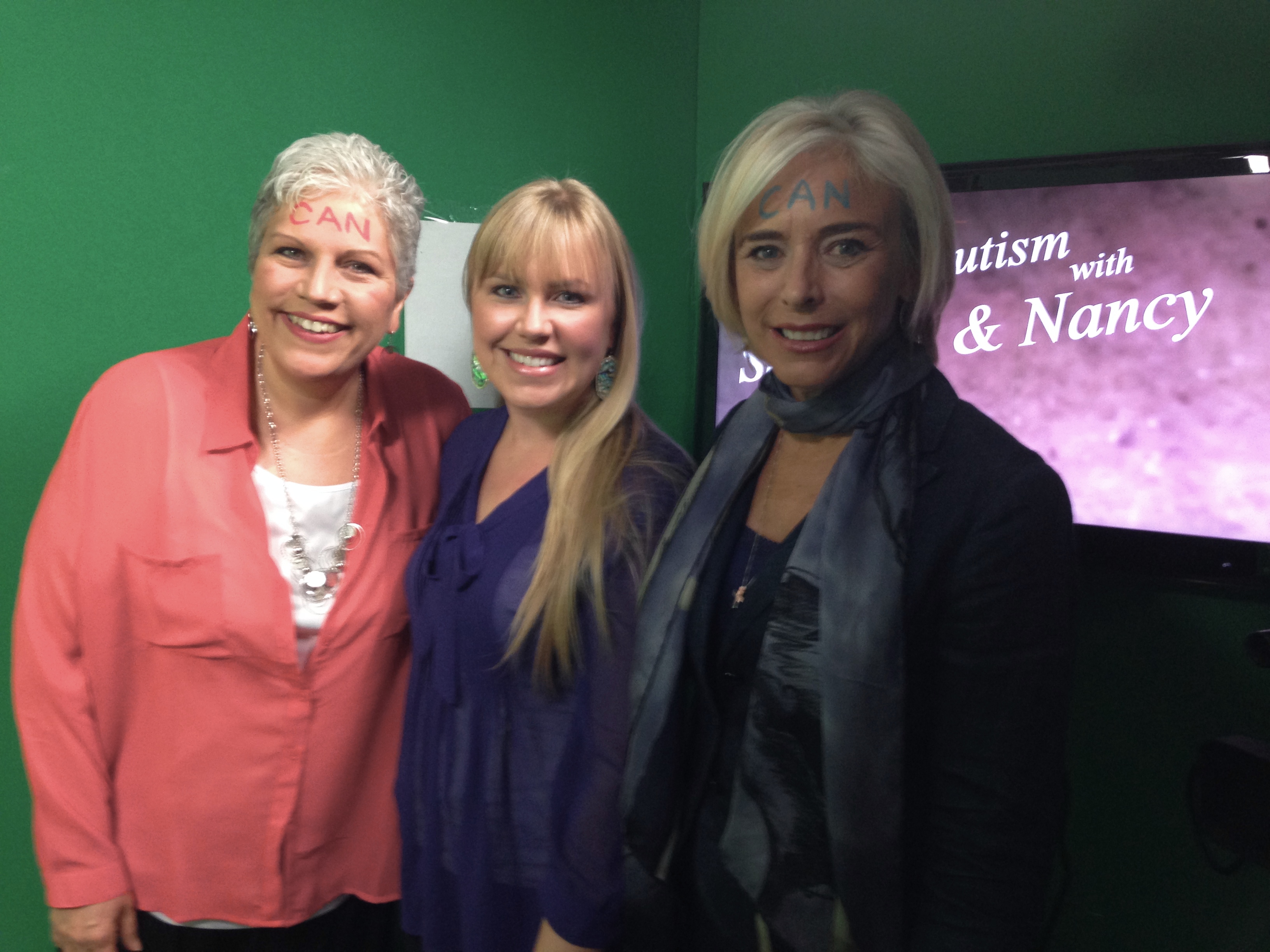I came across this article on good ol’ Facebook. The title caught my eye and I knew I should take the time to read it. It is a brilliant narrative of a family struggling with a son with Autism. It touches on the set backs they face, the hours spent in therapy, the emotional toll it takes on the family as a whole; and yet, it so eloquently portrays the link between the music, the stories, the sidekicks, and the morals of the Walt Disney characters.
Here is a quote from the article:
“When Owen was 3, his comprehension of spoken words collapsed. That’s clear from every test. But now it seems that as he watched each Disney movie again and again, he was collecting and logging sounds and rhythms, multitrack. Speech, of course, has its own subtle musicality; most of us, focusing on the words and their meanings, don’t hear it. But that’s all he heard for years, words as intonation and cadence, their meanings inscrutable. It was like someone memorizing an Akira Kurosawa movie without knowing Japanese. Then it seems he was slowly learning Japanese — or, rather, spoken English — by using the exaggerated facial expressions of the animated characters, the situations they were in, the way they interacted to help define all those mysterious sounds. That’s what we start to assume; after all, that’s the way babies learn to speak. But this is slightly different because of the way he committed these vast swaths of source material, dozens of Disney movies, to memory. These are stored sounds we can now help him contextualize, with jumping, twirling, sweating, joyous expression, as we just managed with “The Jungle Book.””
Leave your thoughts and comments below…

